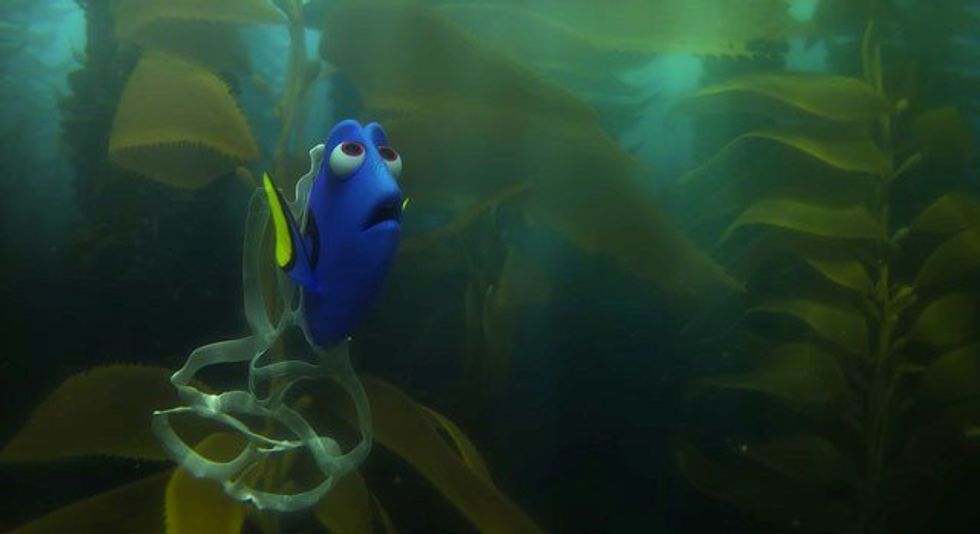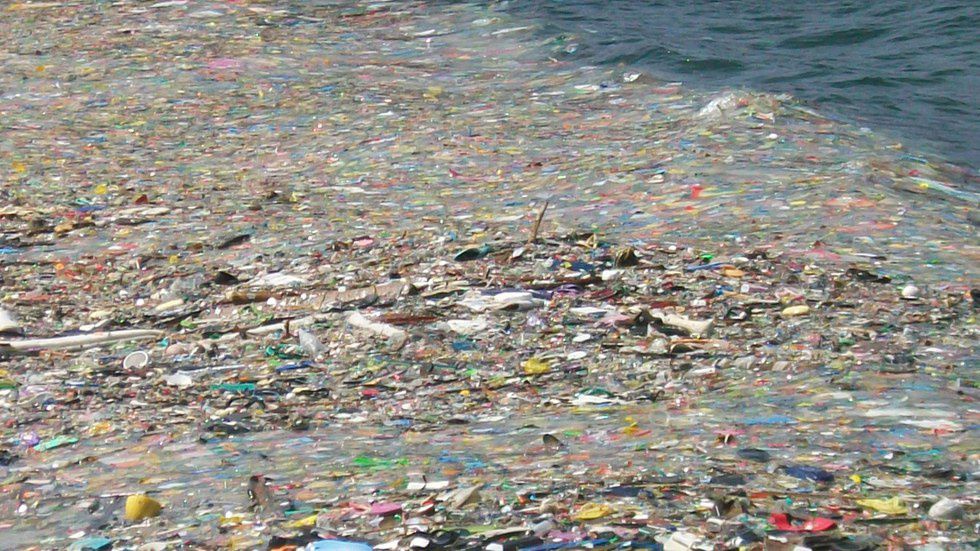On June 17, 2016 Pixar released "Finding Dory." This sequel has been a huge hit in the box office, setting a record by making an estimated $140 million on opening day. The stars of the film made a splash in more ways than one, by bringing attention to the pollution in oceans around the globe.
On average, a person generates around 4.3 pounds of waste per day. That equals about 1,600 pounds of waste per person each year. A study was done by University of Georgia and University of California Santa Barbara in 2010 that estimated that a whopping 8 million metric tons of plastic waste finds itself in the ocean each year.
Not long into "Finding Dory," the main characters find themselves lost in a trove of sunken rubbish off the coast of California, where Dory gets caught in the plastic rings of a six pack. She is unable to free herself without the help of passing humans.
It has been discovered that throughout the Pacific Ocean, there are several extremely large trash vortexes that consume parts of the sea. These floating vortexes can be very harmful to ocean animals and the ecosystems around them. It is common for animals to become entrapped in the floating debris or to mistake trash for food. The plastics in the ocean often deteriorate in the sun and water, creating a coat above the water. This coat can block important sunlight that is needed to help algae and plankton thrive. Without these important factors, the ecosystem could be at risk.
It is clear to see that a potion is needed to solve the problems in the ocean. Many consumers have turned to more eco-friendly options when shopping, bringing their own fabric bags. Some companies have even started manufacturing biodegradable shopping bags for their customers.
"Finding Dory" provided viewers with a glimpse of what it is like for animals to live in an polluted environment and the effects it can have on aquatic animals' health. This film was able to paint an important picture for a large audience. Their bold statements can easily influence people to make a much needed change in their habits and outlook toward the environment.






















